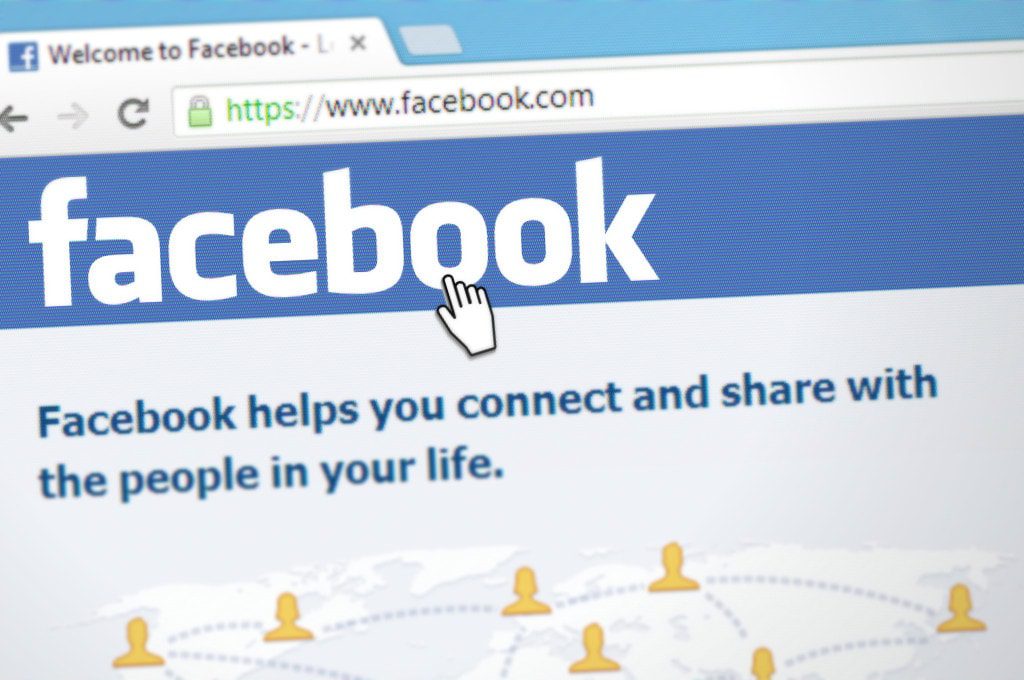
One of the political parties in Poland has had their Facebook account deleted, and they are taking action.
Public opinion has never favored censorship on social media platforms and–just a year ago, in reaction against the forced closure of Donald Trump’s accounts on Twitter, Facebook, Instagram, Snapchat, and YouTube–Poland declared censorship on social networks illegal.
The Polish government believes that as long as users do not violate Polish law, they do not have to be censored. It thus proposed a bill on the subject. The bill allows Polish Internet users who have been blocked on a network or whose posts have been removed to complain directly to the platform concerned. The platform is required to respond within 24 hours and either restore access (in which case the case is closed), or keep the account closed. The internet user can choose to contest this decision by appealing to a newly created council for freedom of speech, which will have seven days to examine the complaint. The decisions of this council can themselves be appealed in the Polish courts.
The bill however is still on the legislative agenda; it has yet to be voted on. Now, however, the Poles’ concern over the ever-growing political power of GAFA (Google, Apple, Facebook, and Amazon), has become justified: the Secretary of State at the Chancellery of the Polish Prime Minister, Janusz Cieszyński, announced on Wednesday, January 5th, that he had been informed of the imminent deletion of the Facebook account of Konfederacja, an alliance of KORWiN (Coalition for the Renewal of the Republic – Liberty and Hope) and the National Movement (RN), and is represented by a parliamentary group of eleven deputies in the Polish Sejm.
The account, followed by 671,000 internet users, was indeed officially deleted for posting information regarding COVID-19. The Polish government has announced its intention to protest to Meta, the new name of Mark Zuckerberg’s company. In terms of audience, the Konfederacja party had the largest contingent of supporters on the American social network for a Polish party. The account of Janusz Korwin-Mikke, co-chair of the Konfederacja movement, and followed at the time by nearly 800,000 Internet users – had been deleted in November 2020.
The deletion incited a public protest and announced the filing of a civil suit against Facebook.
The party’s treasurer, Michał Wawer, explained that he had not received any explanation from Facebook. “We received an automatic response to the appeal by FB that they probably will not consider it anyway, because of COVID,” he wrote on Twitter.
Nadal nie otrzymaliśmy od Facebooka żadnego uzasadnienia usunięcia strony @KONFEDERACJA_. Na odwołanie przez FB dostaliśmy automatyczną odpowiedź, że pewnie i tak go nie rozpatrzą, bo COVID.
— Michał Wawer (@MichalWawer) January 6, 2022
Odwołaliśmy się więc przez rządowy formularz. No i zobaczymy… 🤔 pic.twitter.com/5NqayLCIXu
Under these conditions, the vote on a law against censorship powers of social networks becomes more urgent every day, said Member of Parliament Krysztof Botak, one of the leaders of Konfederacja. The Prime Minister’s Chancellery and the Prime Minister himself have also publicly opposed this censorship: “I have often … criticized the Konfederacja MPs. They have criticized me. But criticizing does not mean preventing speaking. That is why I am taking their side today. I do not agree with taking away Konfederacja’s voice … Digital censorship is a powerful threat to democracy today. The owners of social platforms must understand that freedom of debate means that there are points of view with which we disagree,” defended Prime Minister Mateusz Morawiecki.
